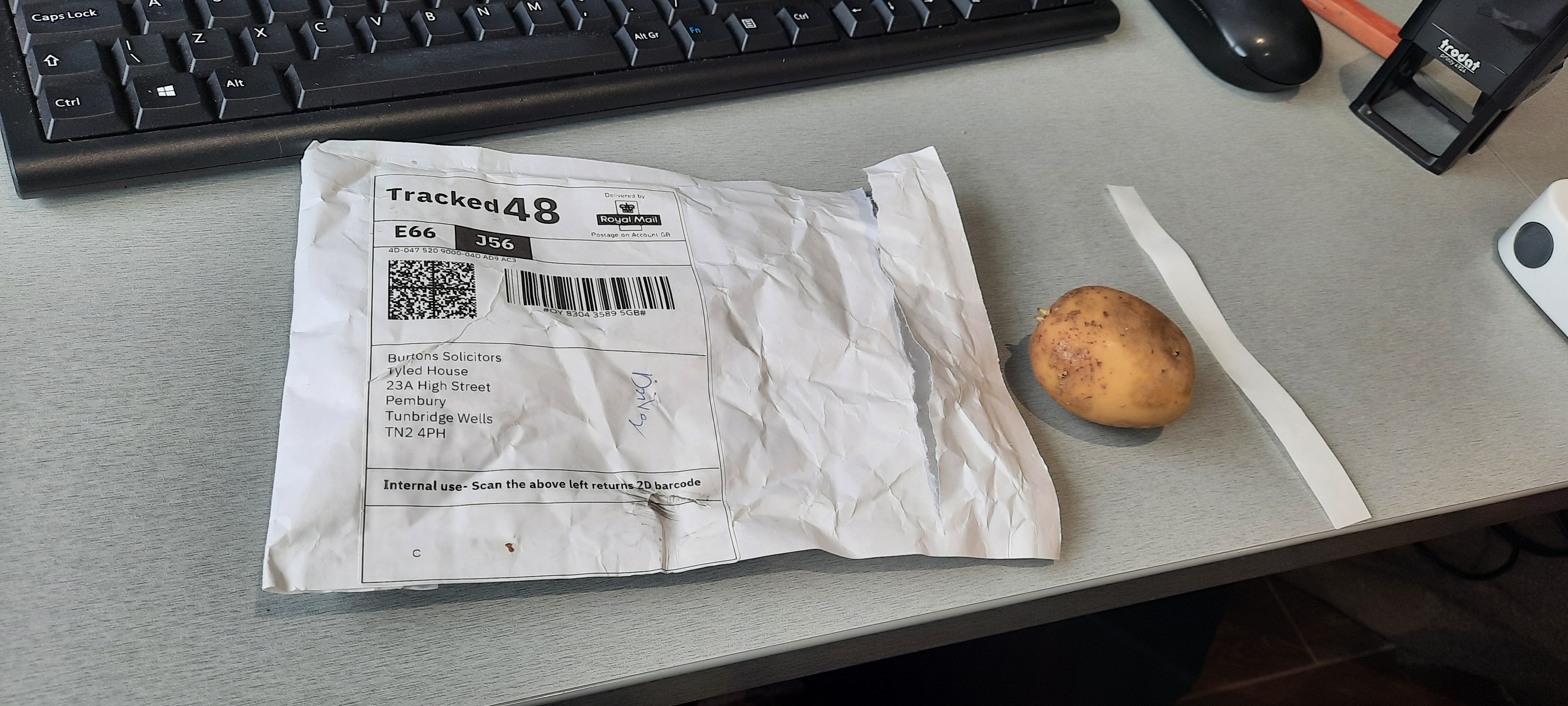
Deprivation of Assets: What Can the Council Do?
In our first blog, we explained what deprivation of assets is and how families can avoid it when planning for care home fees. In the second, we explored Trusts, Gifts, and Equity Release, and how these can sometimes be viewed as deprivation of assets.
But what if, despite your best intentions, the local council believes deprivation of assets has occurred? What happens if the council decides deprivation of assets?
Local authority duties and deprivation
Even if the council believes deprivation of assets has taken place, they are still expected to ensure that care and support needs are met. However, they may try to recover the extra costs they have paid – either from you or from the person who now has the assets.
When it comes to care home funding, the rules are stricter. If the council treats you as having "notional capital" (assets they believe you still effectively own) above the upper funding threshold, they don’t have to arrange your care. The exception is if you lack mental capacity and have no one to act on your behalf.
If you do have mental capacity but can’t manage your care arrangements alone and have no one to help, the council can use its discretion to step in and ensure your needs are met so you are not put at risk.
Recovering charges from a third party
If you give an asset to someone else (a third party) to avoid it being counted in your financial assessment, the local authority can ask that person to pay back the difference between what you were charged and what you would have been charged if you had kept the asset.
However, a third party will never be asked to pay more than the benefit they received from the transfer. If you gave assets to multiple people, each person would only be responsible for their share of the amount the council is trying to recover.
Example:
If you gave £20,000 to each of your two children, and the council believes this was done to avoid care costs, each child could be asked to repay up to £20,000 – but no more than the amount they actually received.
Local Authority Recovery of Debt
If the local authority decides that you’ve deprived yourself of capital or income and you don’t pay the care charges they believe you owe, you could end up with a debt to the council.
Before taking further action, the council must first offer you a Deferred Payment Agreement (DPA), where possible.
This allows you to delay paying care costs until a later date, often by securing the debt against your property.
The council can only apply to the County Court to recover the debt if you refuse a DPA or you don’t meet the eligibility criteria for one.
Get Your Comprehensive Guide
Understanding deprivation of assets and how it affects care home fees can feel overwhelming, especially when you’re trying to make the best decisions for a loved one. That’s why we created this 3-part series – to help you understand what deprivation of assets means, how to avoid it, and what happens if the local authority becomes involved.
If you’d like all of this information in one place, you can download our comprehensive Deprivation of Assets Guide. It covers everything from Trusts and Gifts to debt recovery and local authority duties, giving you a clear roadmap to plan with confidence.
Need expert advice for your situation?
Our solicitors at Burtons is here to help, whether you’re planning for the future or facing a dispute with the council.
Download the full guide or fill out our quick form to speak with one of our experts today.


.png)
%20(1).png)
%20(1).png)
